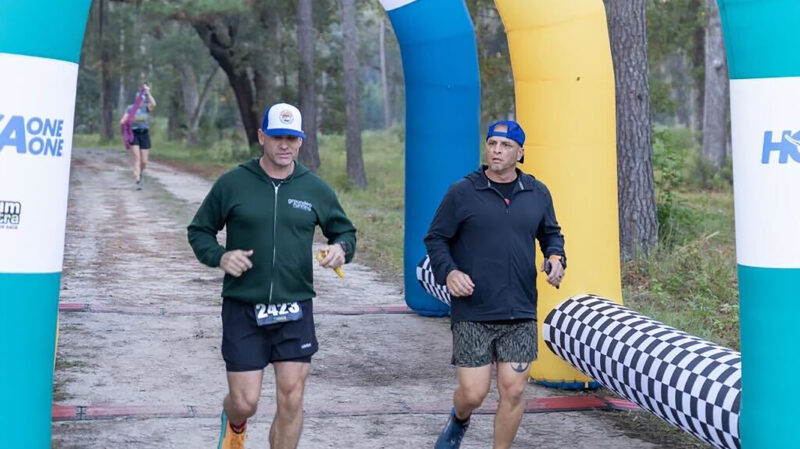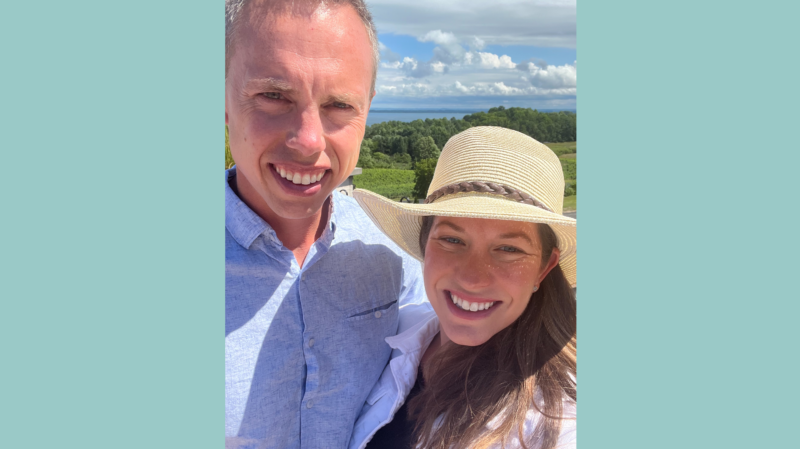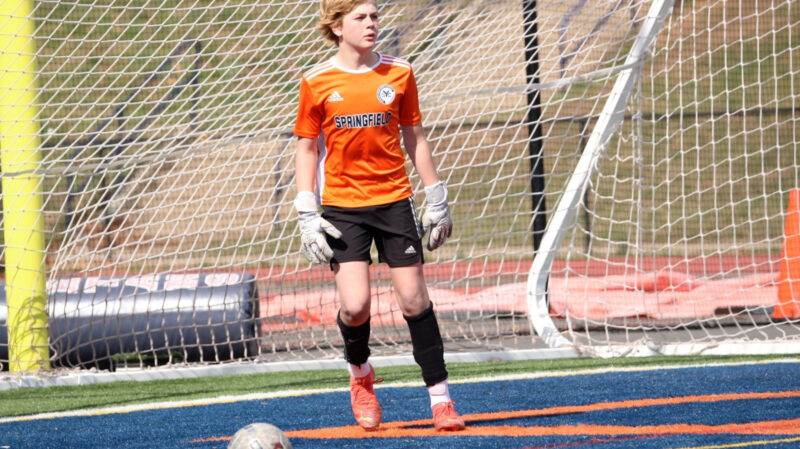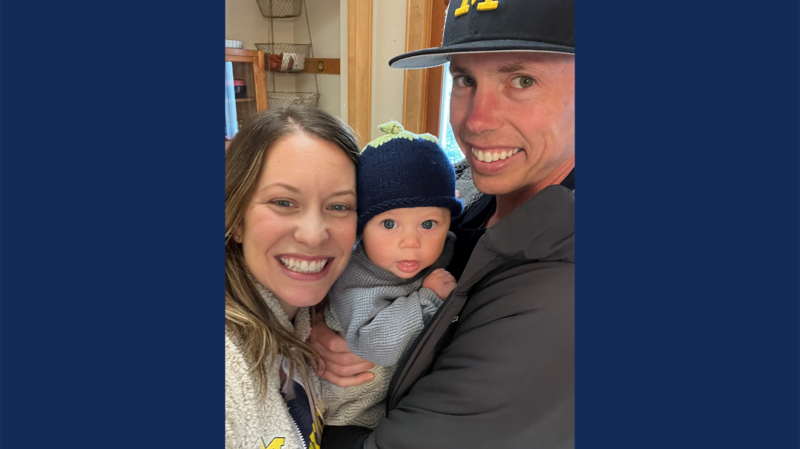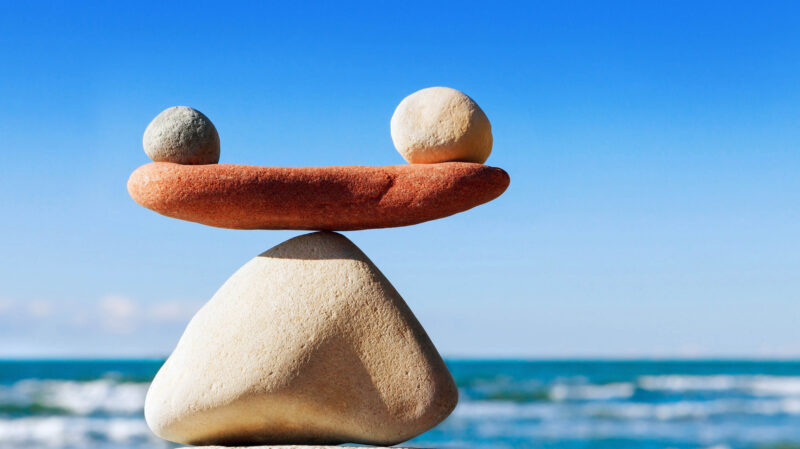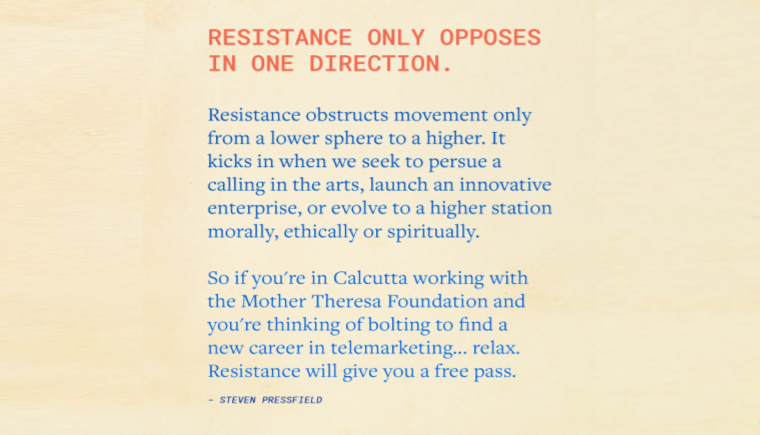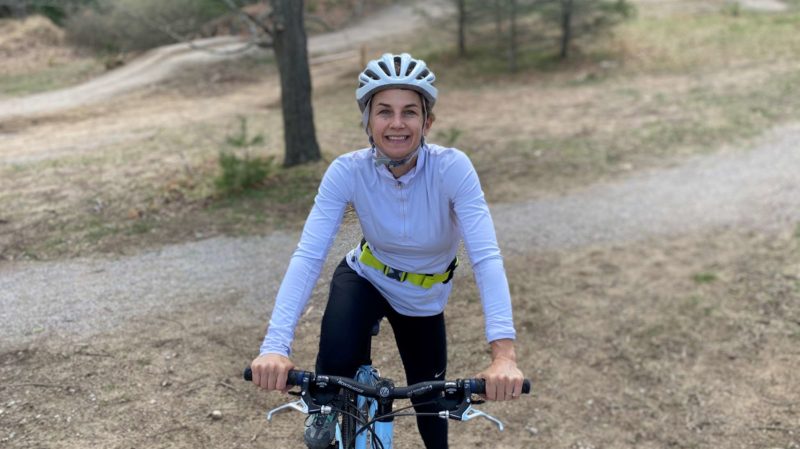
Here’s what happens to the un-coachables, Angie. If you’re not willing to learn and grow from someone with more skill than you, then there’s just no place for you on the team.
This statement was from a friend of mine who used to play basketball at a Big 10 university. He was indulging me by answering my questions about what it’s like to play at the collegiate level.
I love sports and am always amazed by athletes with sheer, stand-out talent. I know, though, that talent can only go so far. To go farther, you need effort and sometimes the greatest effort we can display is through our coachability.
Now, I know that many of us aren’t suiting up for game day as we go to work. Yet, work is one of the biggest team sports we’re a part of. You may not consider your colleagues your team, but if you depend on them – and they depend on you – then it’s worth considering what we can learn from sports that has direct relevance to how we show up and engage others.
Coachability is the gateway to everything we, as professionals, should be doing at each step of our career – learning, being open to new ways of working, developing, and improving.
Yet, as you’ve likely seen before, it’s not always a quality represented in every team member at work.
As we all make our post-pandemic adjustments, and prepare for some new realities ahead, I’d like to take time and remind us we’ve got so much to learn … and re-learn in the near future. Being coachable is a valuable skill set and here are three things you can do to prepare yourself for the growth ahead:
- Be okay with being wrong. How many disagreements have you been in because you had the desire to be right? When you hear a conflicting point of view and feel the desire to insert your opinion because you want to be the one who’s right, stop yourself. Instead of being right, insert a different statement … one that reflects openness and consideration. Something as simple as “Hey, you’ve given me something to think about” or “That’s something to consider” might be the statement you need to advance your relationship.
- Seek out feedback. Don’t wait for it to come to you. Coachable leaders are always looking for small pieces of performance-related feedback that they can use to level up. Instead of holding out for a formal performance review, ask your team, your colleagues, your manager (and whoever else) to share with you ways that you can be a better collaborator. If they don’t have immediate feedback, share with them that they have an open door to give you insight into your performance. To ensure that door is really open, when they give you feedback, don’t be defensive. Say “thank you.”
- Observe, reflect, and act. As a professional, you should always have some idea, too, on where you should be improving. Take the time to observe what professionals with strong performance records are doing to be successful. Focus on what behaviors they’re expressing and then reflect and think on how well you’re doing against that specific behavior. Your insight can lead to initiative where you can direct your development (without having to wait for the feedback on your performance that might not be specific … or, sadly, may never come).
We, as leaders, have so much potential to grow and develop. It starts with a coachability mindset … and where it ends? We’ll never know. But isn’t that idea exciting?
Get the weekly leadership guidance tens of thousands of subscribers rely on delivered directly to your inbox.









